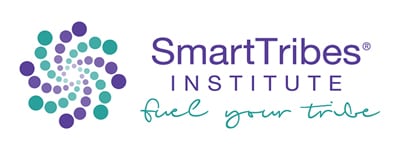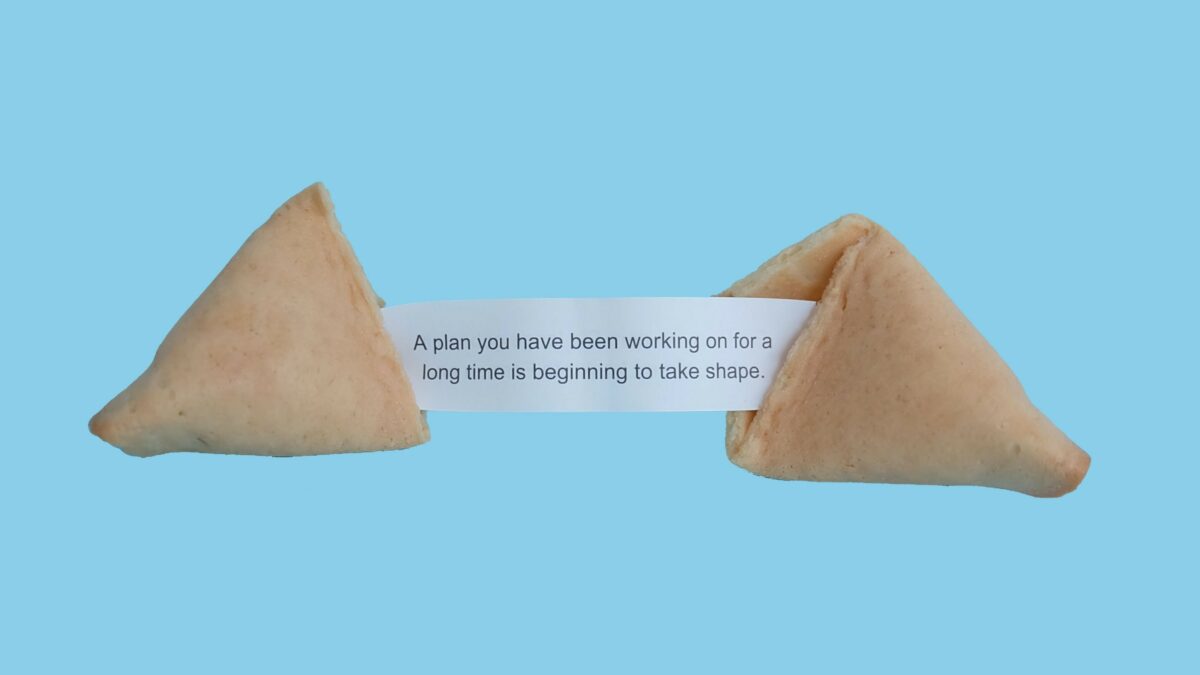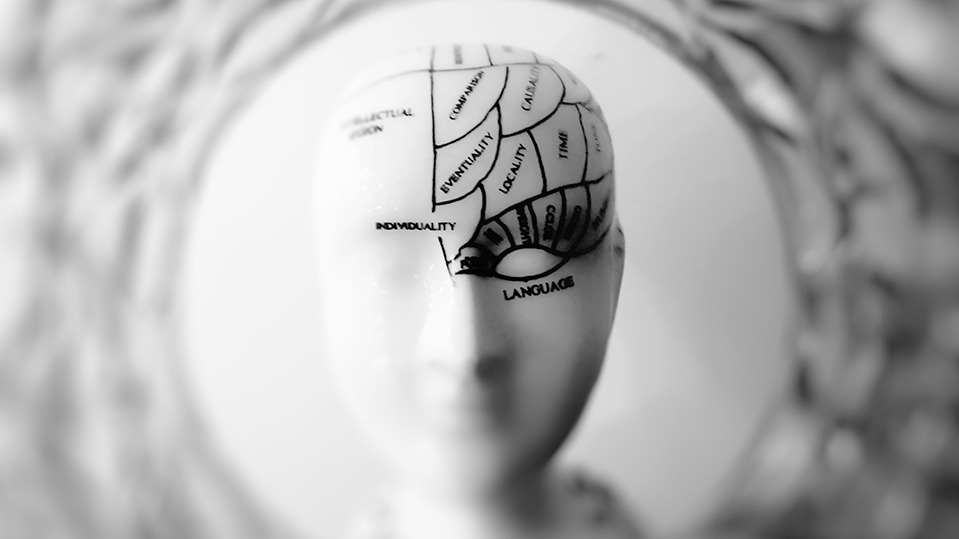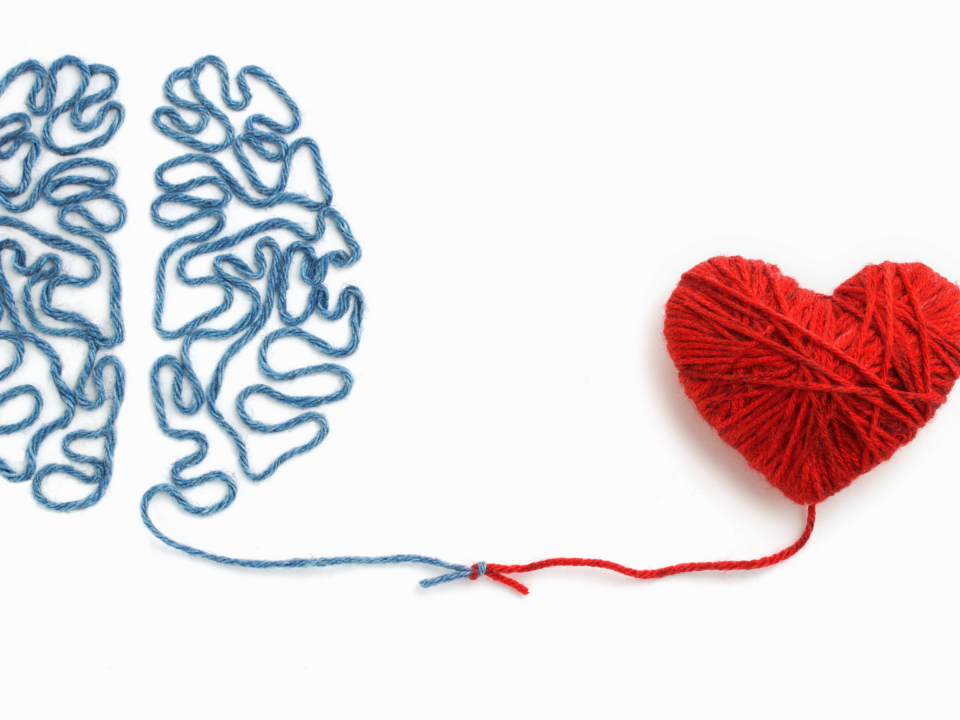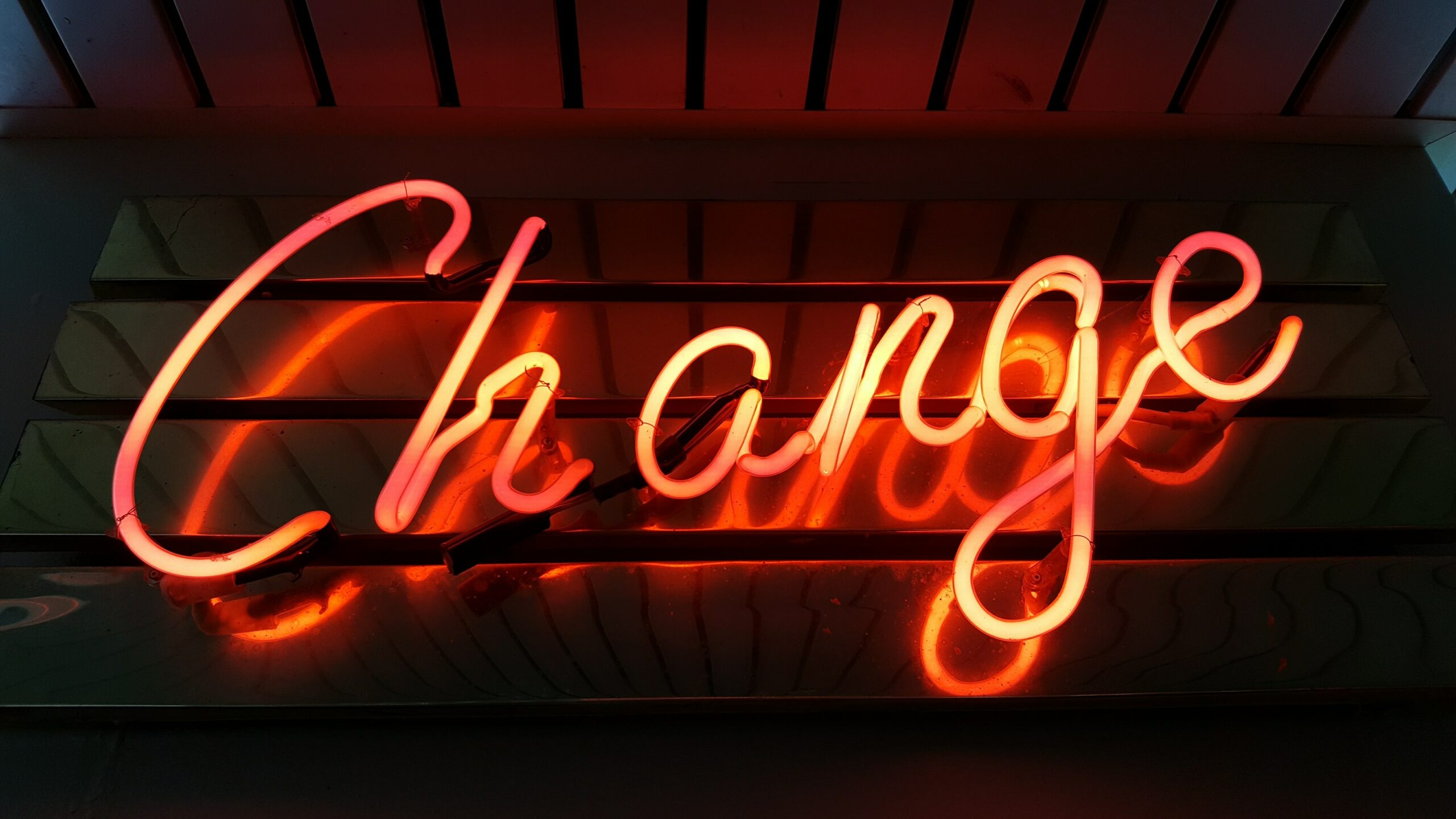
*As originally seen on Forbes.com
Are you an optimist?
If not, do you want to be one?
And how does optimism differ from being relentlessly (and often artificially) upbeat?
In my experience of coaching leaders for over 3 decades, optimism is:
· Taking full responsibility for your thoughts and behaviors
· Noticing where you didn’t fully show up and taking steps to improve next time
· Feeling that you have control over yourself, even though you don’t have it over all the conditions in your life, so you can only influence outcomes to a degree
Optimism is not:
· Relying on luck (though many optimists may consider themselves lucky people, they often believe that they create their own luck), which relies on the belief that good things happened because of factors out of your control
What do both have in common? They’re both reliant on the stories we tell ourselves for better, or worse. And both are due to a pattern of responses, which over time predict future responses. And yes, you guessed it, our responses are based on the stories we tell ourselves and others. What stories do you tell yourself? Especially important are the stories you tell yourself in challenging times. For example, what’s the story you tell/told yourself during the peak of Covid?
What Optimism Might Look Like
At the time I’m writing this I am having a new garage door installed. I’ve waited 4 months for it, so it’s an exciting day. It’s also a day (and week) of torrential rain forecasts for the area where I live. The workers just let me know that the wrong motor was specified, and thus I’ll have to open and close my new garage door manually (yes, getting out of the car in the pouring rain and lifting it up or pulling it down).
What’s the optimistic response?
What’s the pessimistic response?
An optimist might say “Well, I knew there might be risks in choosing a cheaper solution from a less-known company. I’ll get the correct motor soon as it comes in.”
A pessimist might say “This company is full of bozos. They messed up.”
How does each response make you feel?
The Logical Levels of Change
SMARTTRIBESINSTITUTE.COM
Check out this graphic of the Logical Levels of Change (thanks to Gregory Bateson, with some edits/rework by me). Note that we process change on 6 levels, and the 3 internal ones are the most potent: the Core, our identity and our beliefs. These, in my experience, are where optimism can be cultivated. More details on levels on change are in this blog.
Where Does Optimism Come From? Can It Be Learned?
Dr. Martin Seligman is best known as a pioneer in the field of positive psychology. Some of his most profound work is on the topic of learned helplessness, the idea that what we do doesn’t matter so there is no point in trying. Sounds like pessimism, yes? In Seligman’s research he repeatedly exposed test subjects to continuous challenges, noting that some people persevered regardless. Optimism, it turns out, is partly due to genetics. And it is equally apparent across races and genders. And people who are optimistic as kids generally remain optimistic as they age.
Dr. Elaine Fox is a professor of psychology at the University of Adelaide. She studies the neuroscience of optimism and pessimism and has found its rooted deeply in our desire either to pursue pleasure (the nucleus accumbens) or avoid pain (the amygdala) and their “dialog” with the prefrontal cortex. Dr. Fox uses the analogy of an accelerator. In a more pessimistic person, the amygdala is more active, and thus accelerated to avoid pain. In a more optimistic person, the nucleus accumbens is more active, and accelerated to seek pleasure.
Dr. Fox also found that optimism is also largely dependent on persistence and adaptability. Which are both leadership qualities that I’ve found can be learned. Please read this paragraph again.
Optimists tend to be more successful professionally, less likely to experience depression and other illnesses, and even live longer! Yes, you’ll still experience disappointments in life. But they’ll be easier to navigate, and you’ll bounce back quickly.
Are you an optimist?
